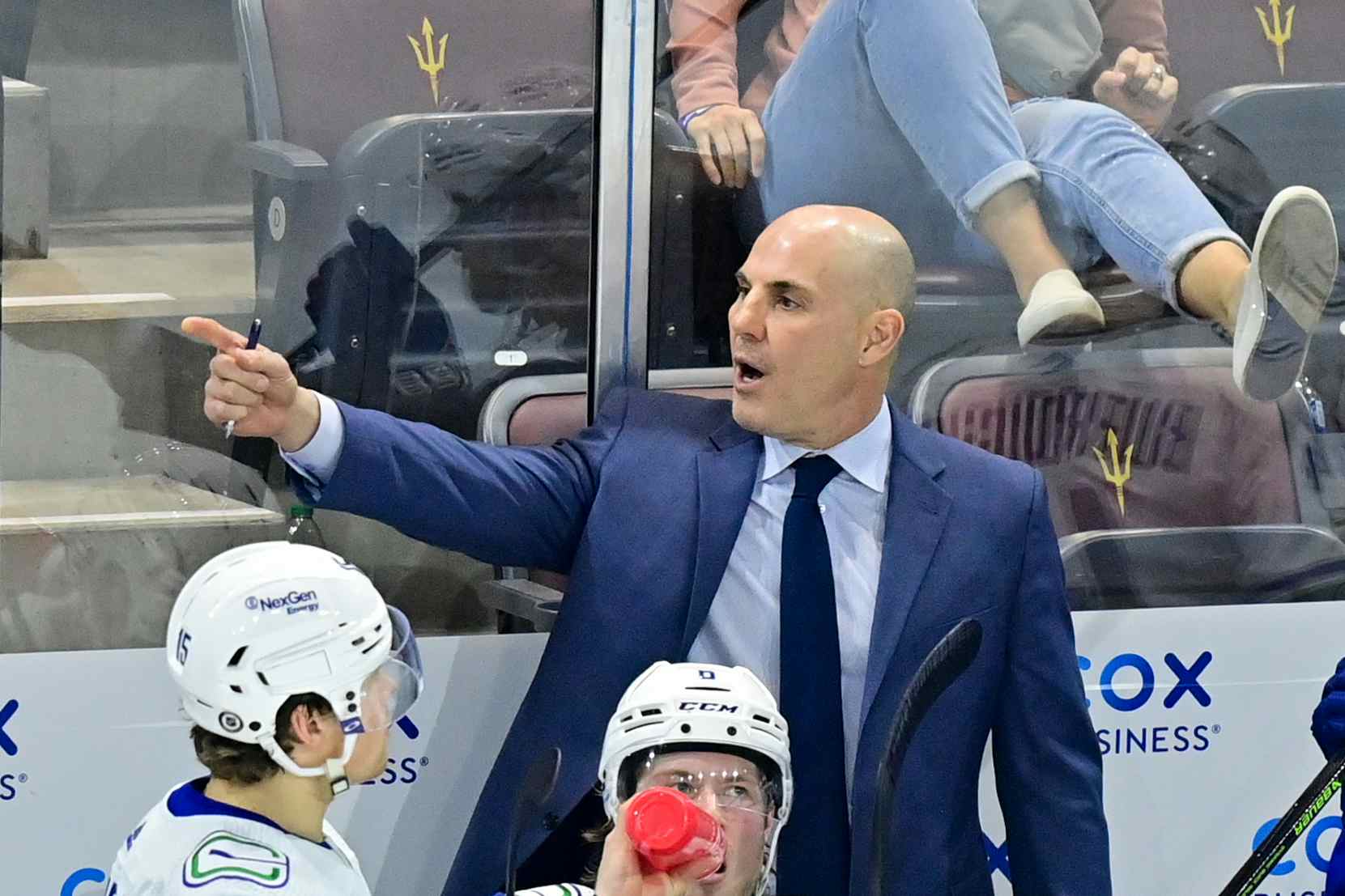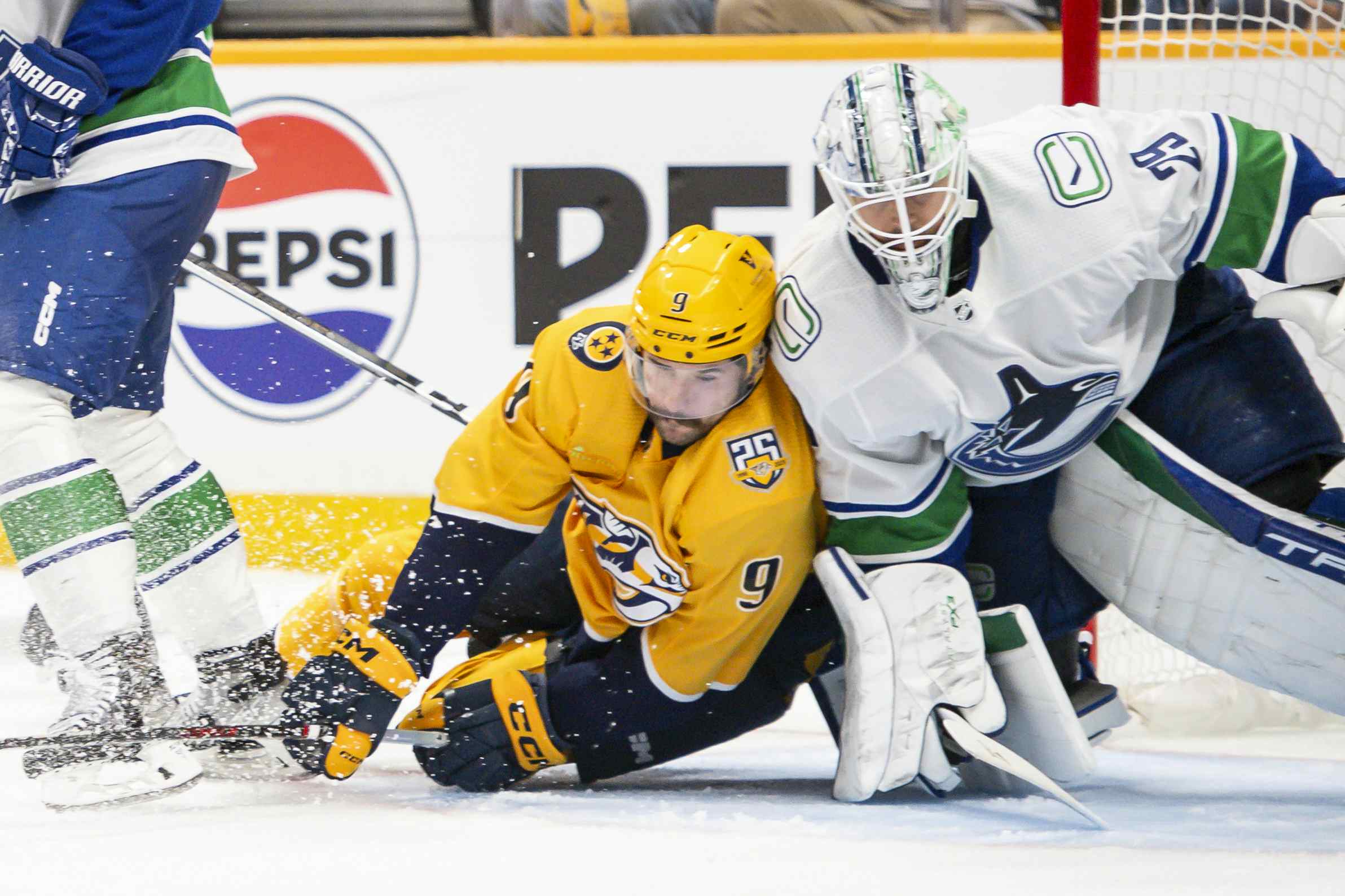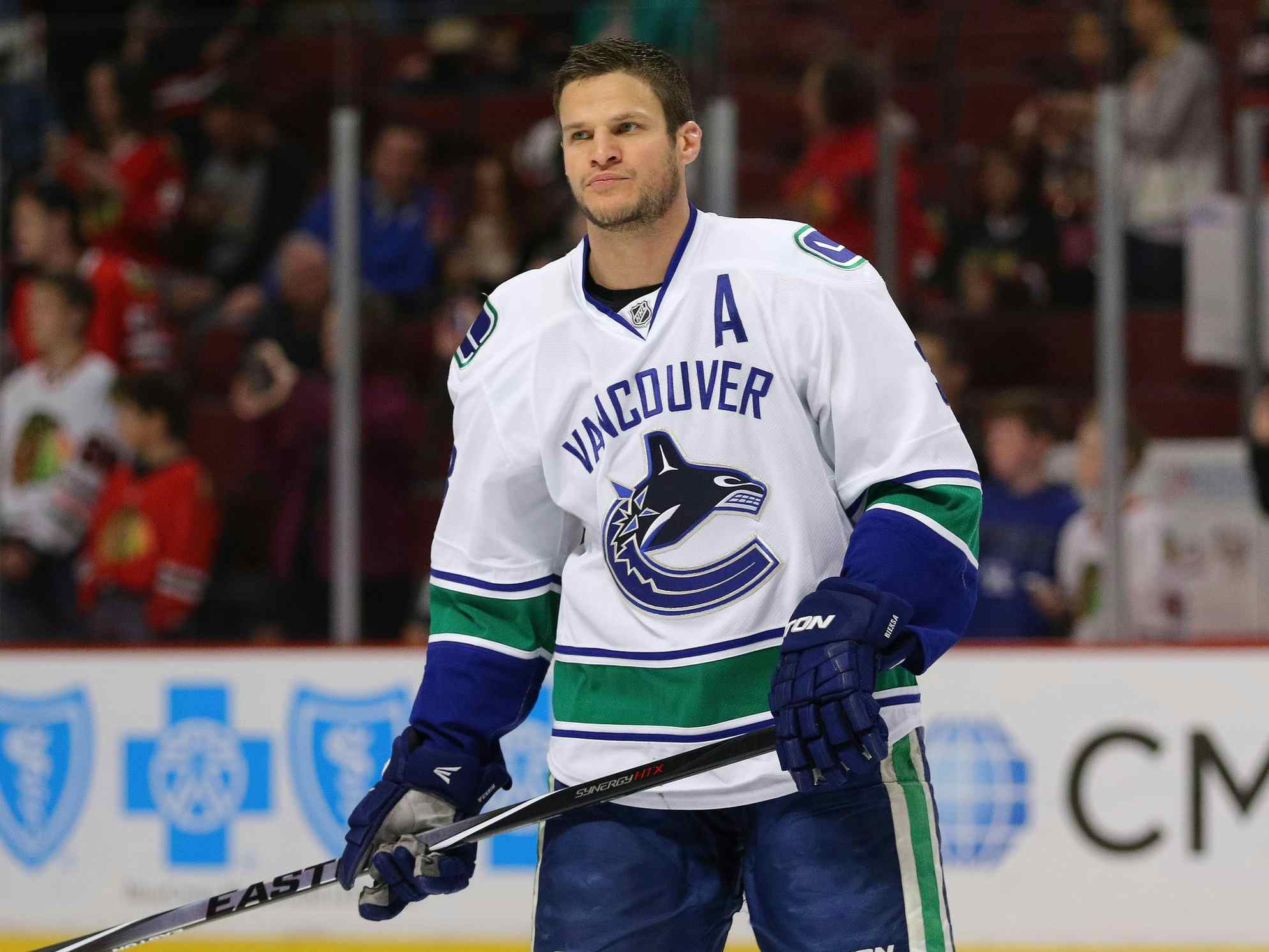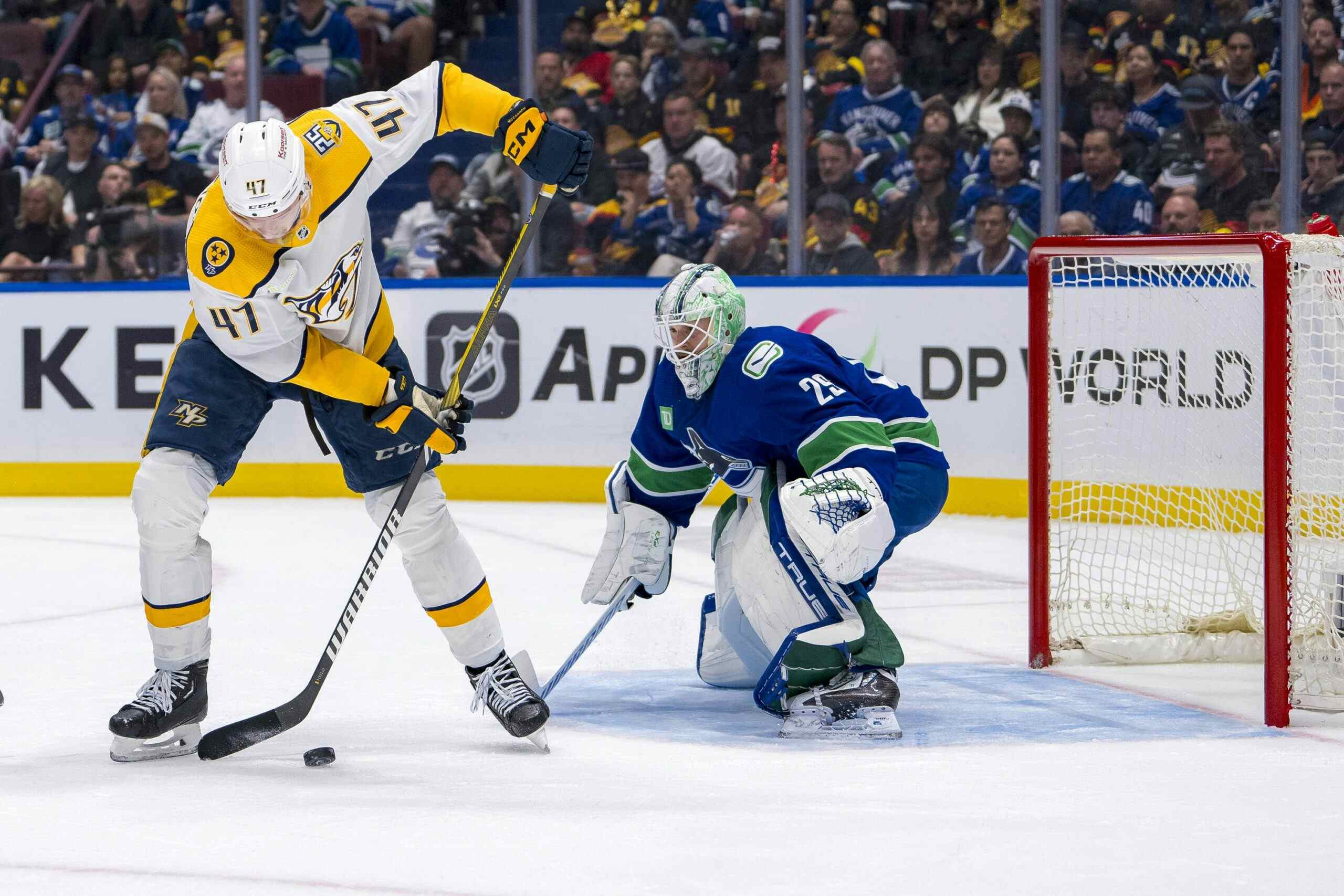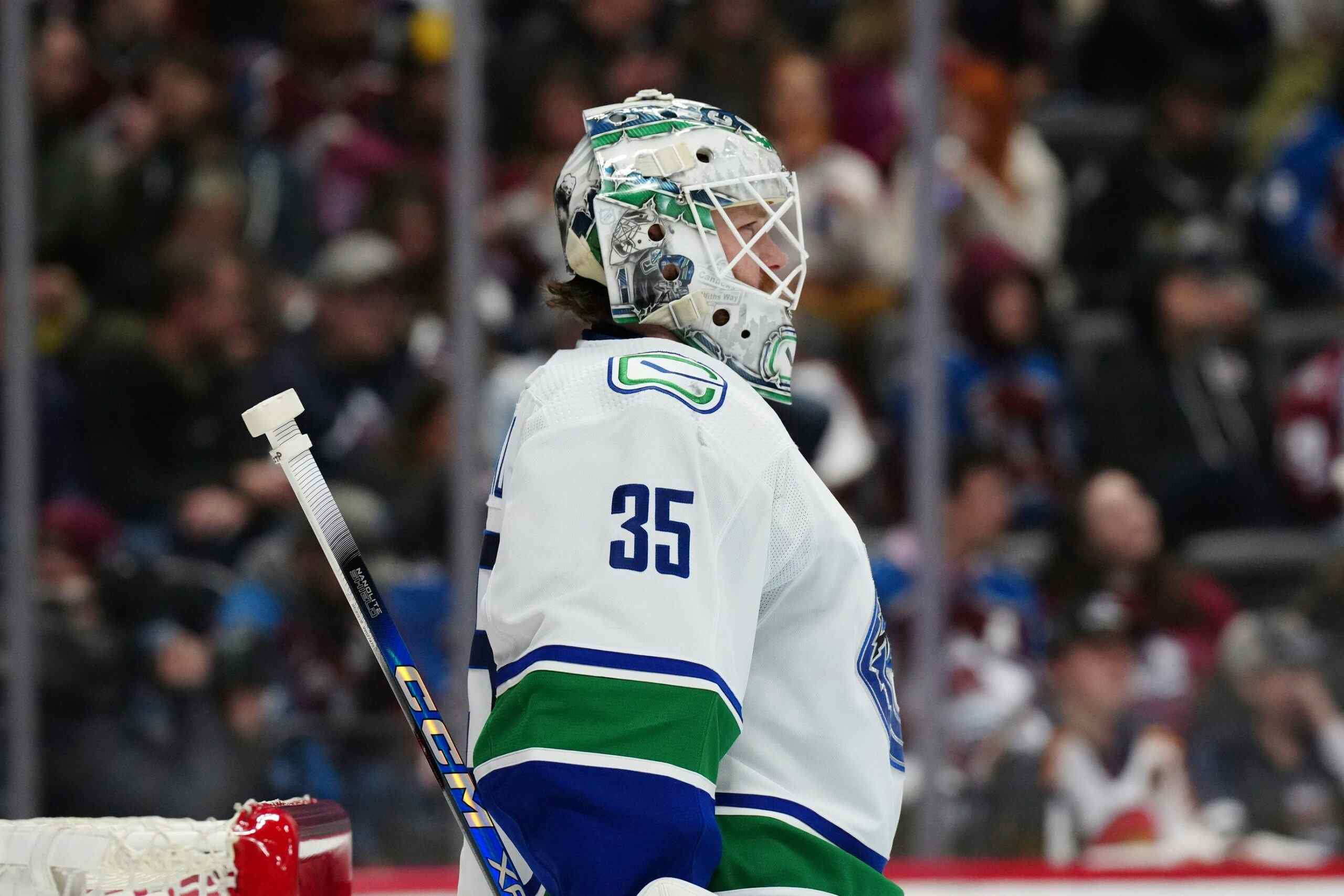Using League-Wide Comparables To Predict Brock Boeser’s Next Contract
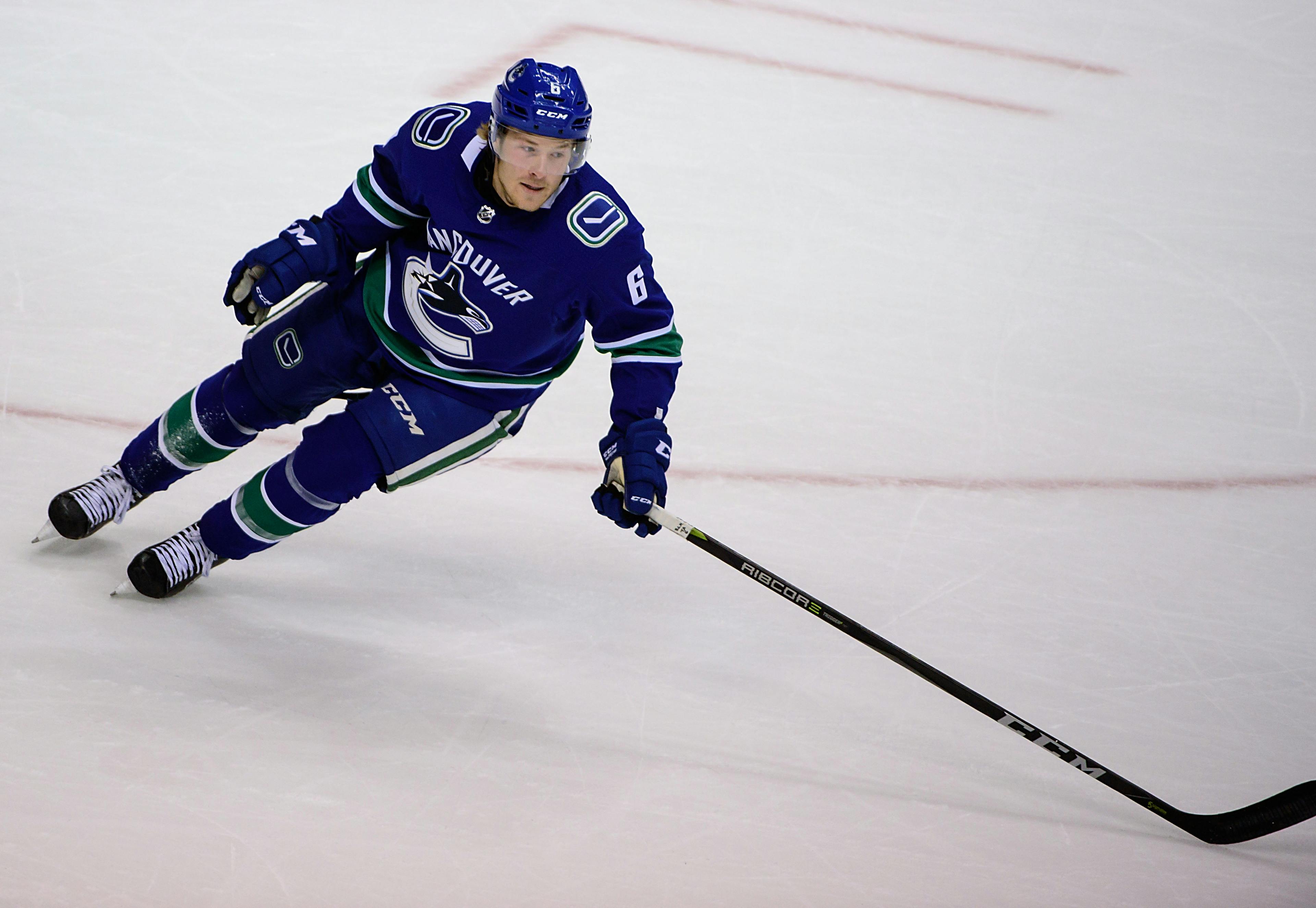
The Facts
Brock Boeser’s contract will expire on July 1, 2019, though the Vancouver Canucks will retain his rights as a Restricted Free Agent if they have not already signed him to an extension by then—provided they qualify his contract with a qualifying offer, an occurrence so certain it barely merits mention. This expiring contract was Boeser’s Entry-Level Contract and was thus subject to several Entry-Level salary restraints. His next contract will have no such restrictions.
While many believe that Boeser can’t sign an extension until January 1, 2019, that rule actually only applies to those players on one-year contracts. As a player on a multiyear deal, Boeser can sign an extension at any point in the last year of his contract—meaning he could have re-signed with the Canucks as early as July 1, 2018. Presumably, both sides have been negotiating intermittently since that date.
This time around, Boeser’s contract will only be subject to the same constraints put on all NHL contracts. He can sign for a maximum of eight years with Vancouver—or seven with another team if an offer sheet enters the picture—and he can only sign for an amount, including all bonuses, that does not exceed 20% of his team’s salary cap. With the cap set at $79.5 million for the 2018/19 season, that adds up to a maximum of $15.9 million in terms of individual cap hit.
By taking a look at some of Boeser’s closest comparables around the league, we’ll try to make our best guess at what sort of contract he can be expected to sign.
Brock Boeser’s Accomplishments
In his NHL career thus far, Boeser has put together an impressive resume. As NHL contract negotiations typically start with the raw numbers, so will we. All of Boeser’s stats are current as of December 27, 2018.
| Player | Age | NHL Seasons | Draft+ Seasons | Points-per-Game |
| Brock Boeser | 21 (Turns 22 on Feb. 25) | ~2 | Draft+5 | 0.86 |
Obvious Comparables
After looking at statistics, NHL negotiators on either side gather a list of comparable contracts upon which base the new contract. Below, we’ve gathered the most obvious comparables to Boeser (high-scoring wingers coming off ELCs) from the last few seasons and included a snapshot of their stats at the time they signed their extension, as well as details of the contract they signed.
The percentage of the salary cap that their cap hit represented when they signed their contract is included to provide important context across multiple years of fluctuating caps.
| Player | Year Extension Signed | Age | NHL Seasons | Draft+ Seasons | Points-per-Game | Cap Hit (Millions)% of Salary Cap | |
| Johnny Gaudreau | 2016 | 23 | 3 | Draft+5 | 0.89 | $6.75/Six Years | 9.25% |
| David Pastrnak | 2017 | 22 | 3 | Draft+3 | 0.72 | $6.67/Six Years | 8.89% |
| Nikolaj Ehlers | 2017 | 22 | 2 | Draft+3 | 0.66 | $6/Seven Years | 8% |
| Vladimir Tarasenko | 2015 | 23 | 3 | Draft+5 | 0.75 | $7.5/Eight Years | 10.27% |
| Filip Forsberg | 2016 | 21 | 2.5 | Draft+4 | 0.73 | $6/Six Years | 8.22% | Player | Cap Hit (Millions)Points-per-Game | % of Salary Cap |
| Nikolaj Ehlers | $6/Seven Years | 0.66 | 8% | ||||
| David Pastrnak | $6.67/Six Years | 0.72 | 8.89% | ||||
| Johnny Gaudreau | $6.75/Six Years | 0.89 | 9.25% | ||||
| Sean Monahan | $6.38/Seven Years | 0.67 | 8.73% | ||||
| Ryan Nugent-Hopkins | $6/Seven Years | 0.75 | 9.33% | ||||
| Vladimir Tarasenko | $7.5/Eight Years | 0.75 | 10.27% | ||||
| Nathan MacKinnon | $6.3/Seven Years | 0.70 | 8.63% | ||||
| Jonathan Drouin | $5.5/Six Years | 0.58 | 7.53% | ||||
| Leon Draisaitl | $8.5/Eight Years | 0.72 | 11.33% | ||||
| Alex Tuch | $4.75/Seven Years | 0.44 | 5.97% | ||||
| Filip Forsberg | $6/Six Years | 0.73 | 8.22% | ||||
| Evgeny Kuznetsov | $7.8/Eight Years | 0.70 | 10.4% | ||||
| Gabriel Landeskog | $5.57/Seven Years | 0.58 | 8.66% | ||||
| Jake Guentzel | $6/Five Years | 0.72 | 7.55% | ||||
| Mark Scheifele | $6.13/Eight Years | 0.64 | 8.39% | ||||
| Bo Horvat | $5.5/Six Years | 0.51 | 7.33% | ||||
| Brandon Saad | $6/Six Years | 0.61 | 8.22% | ||||
| Aleksander Barkov | $5.9/Six Years | 0.57 | 8.08% | ||||
| Dylan Larkin | $6.1/Five Years | 0.58 | 7.67% | ||||
| Jonathan Huberdeau | $5.9/Six Years | 0.63 | 8.08% | ||||
| Range | X | 0.44-0.89 | 5.97%-11.33% | ||||
| Average | X | 0.66 | 9% |
Recent articles from Stephan Roget

